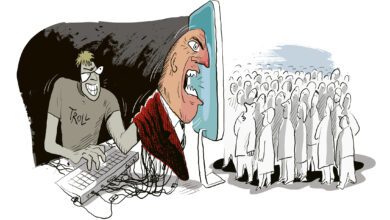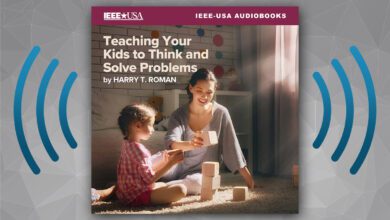
One of the vital functions of IEEE-USA’s Licensure & Registration Committee (LRC) is to provide subject matter experts to the National Council of Examiner for Engineering and Surveying (NCEES). Those IEEE members sit on the various NCEES committees that create the professional licensure exams for engineers and surveyors. As we enter into 2021 still under many of the pandemic-imposed restrictions, the LRC wants to provide IEEE members with an update on changes and adjustments NCEES has made to its licensure exams. The following are updates from several of the NCEES exam committees on recent meetings and updates to their respective exams.
Electrical and Computer Engineering (ECE) Committee
NCEES’s Electrical and Computer Engineering (ECE) Committee is continuing work towards migration of all three exam modules — computers; electronics, controls and communications; and power — to computer-based testing (CBT). The entire ECE Committee met face-to-face in January 2020, and has utilized online meetings since the implementation of travel restrictions. The CBT launch of the Power module, being administered in the Linear On-the-Fly (LOFT) format, occurred on 1 December 2020. The Computer and Electronics/Controls/Communications modules will both be administered in Linear Fixed Form (LFF) format on 20 October 2021. Final edits on the reference manuals for the two LFF exams are in process. The ECE Committee met online in January 2021 and plans to meet again in May 2021.
Fundamentals of Engineering (“FE”) Committee
IEEE-USA continued to provide volunteers to develop items for the Electrical & Computer module of the Fundamentals of Engineering (FE) Exam. The FE committee met once in Clemson in January 2020 before COVID-19 travel restrictions were imposed. The committee switched to virtual meetings, via Zoom, for additional item (questions) writing sessions in November 2020 and January 2021. A further virtual meeting is scheduled for April 2021. Anne Clark is the new Electrical & Computer Module Chair, replacing Michael Behnke whose two-year term ended in January.
In addition, despite reduced capacity at Pearson VUE test centers due to COVID-19 protocols, 812 candidates were able to sit for the FE Electrical & Computer examination in the last six months of 2020. The pass rate for those candidates was 72%.
Examinations for Professional Engineers (EPE) Committee
The EPE Committee is composed of all of the discipline/exam leaders (e.g., mechanical, civil, etc …). The FE exam is also represented. The committee works on charges, of which there are currently three:
Charge 1
Accomplish all recurring committee activities:
-
-
- Oversee the development and maintenance of necessary exam items for future Fundamentals of Engineering (FE) and PE examinations in accordance with current exam development policies, to include monitoring the preparation and submission of all examinations in a timely manner as set forth by NCEES guidelines.
- Conduct professional activities and knowledge studies (PAKS) as appropriate to update exam specifications.
- Review the Examination Audit Committee’s recommendations, and ensure implementation of any changes approved by the NCEES board of directors.
- Monitor training of the exam development subcommittee members to ensure that they understand the concepts of scaling, equating, setting cut scores, and constructing examinations.
- Review NCEES exam policies and procedures, and refer any recommendations to the Committee on Examination Policy and Procedures (EPP) for appropriate action.
- Ensure appropriate use of codes and standards for examinations.
-
Charge 2
Implement the plan for increasing exam volunteer diversity as described in the 2018–19 EPE Committee report. Further develop guidelines for how this plan will be maintained in the future.
Charge 3
Develop guidelines for recruitment, leadership, and membership for exam development committee volunteers. In developing the guidelines, review the NCEES Exam Development Procedures Manual to gain a thorough understanding of what is presently included with regard to this subject.
The committee normally meets for two days, twice a year. The last face-to-face meeting was held on 17 and 18 January, 2020. All other face-to-face meetings have been canceled, and all business is conducted via email or virtual meeting.
On 8 January 2021, the EPE held their first virtual meeting and discussed the opening of the NCEES headquarters in Greenville, South Carolina; NCEES waving exam rescheduling and cancelations fees; and how successful the ECE-Power exams were able to start CBT ahead of schedule.
IEEE-USA will continue to work to provide up-to-date news regarding the P.E. examination process.
The IEEE-USA Licensure and Registration Committee’s primary focus is on matters involving licensing of Professional Engineers and the impact that professional licensure has on IEEE members. The committee also is continuously evaluating credentialing and how it relates to current PE examinations and available IEEE Society sponsored exams.






